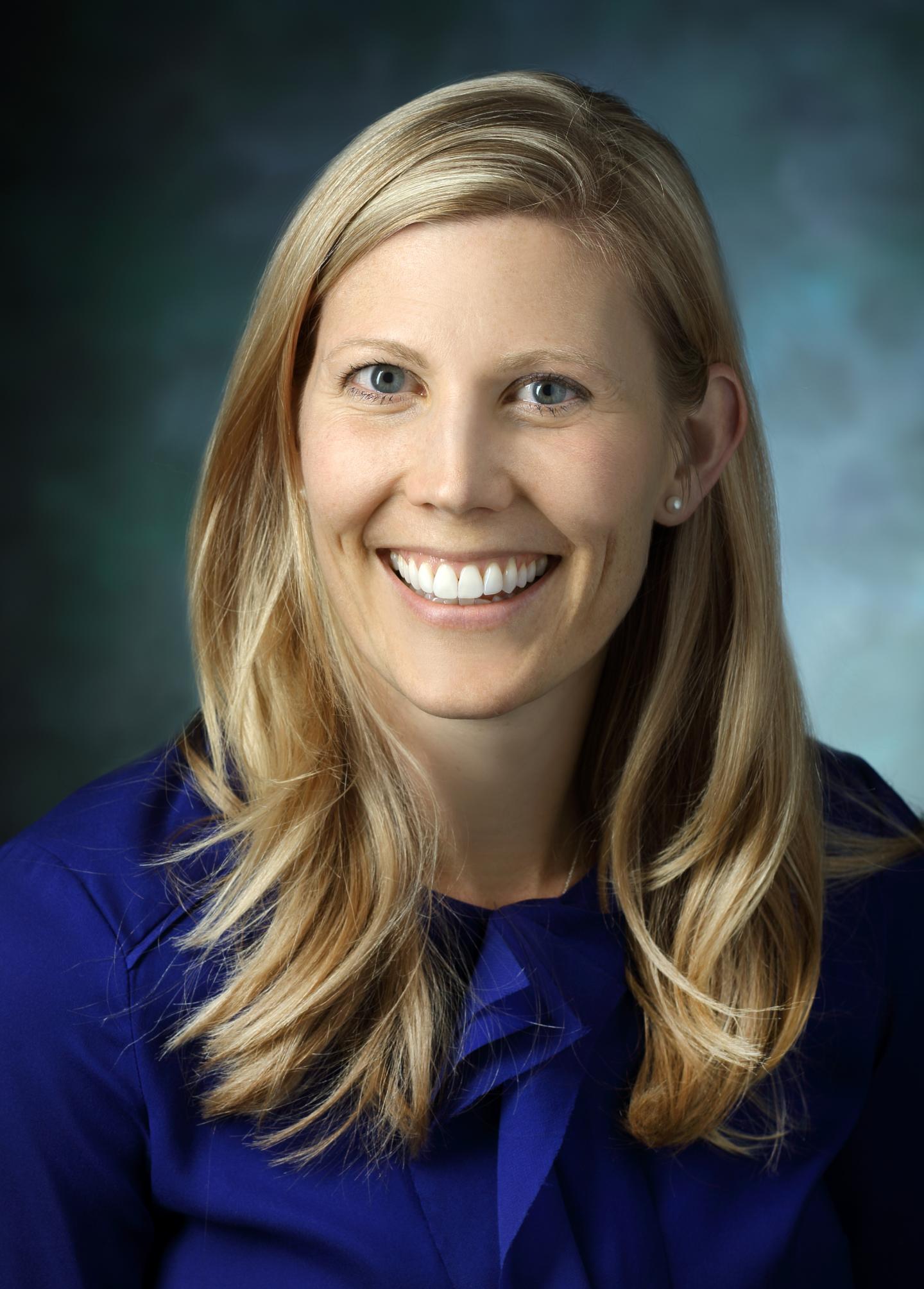Increasing workforce diversity is critical for addressing healthcare disparities

Credit: Johns Hopkins Medicine
It is common for patients to prefer seeking care from a clinician similar to them — such as of the same gender, ethnicity and culture — who can relate to their experiences and make treatment plans that work better for their lives. To meet these preferences from patients and improve quality of care, a diverse clinician workforce that matches the diversity in the general population is needed. However, when it comes to patients with disabilities, the chance of getting a clinician “like them” is extremely low, which may lead to patients’ reluctance to seek care or follow prescribed interventions and treatments. Meanwhile, without adequate scientists with disabilities bringing perspectives to patient-centered research, the ability to improve care for patients with disabilities is limited.
Why is the representation of people with disabilities so limited in the biomedical workforce?
Bonnielin Swenor, Ph.D., M.P.H., associate professor of ophthalmology at the Johns Hopkins Wilmer Eye Institute and associate professor of epidemiology at the Johns Hopkins Bloomberg School of Public Health, is working to solve this disparity.
Living with low vision herself, Swenor experiences difficulties in many aspects of her life, but devotes her time to researching how to help patients like herself, and assuring those patients that there are ways to overcome the hardships and pursue their goals. Swenor sees herself as more a patient than a researcher, and uses her unique perspective to formulate patient-centered research questions to bring better care to people with visual impairment. She believes that more people with disabilities like her are needed in the biomedical workforce.
In a new editorial published on May 30 in the New England Journal of Medicine, Swenor and Lisa Meeks, a collaborator from University of Michigan Medical School, address barriers to an inclusive workforce and propose a roadmap to guide academic medical institutions toward creating a work environment more inclusive for people with disabilities.
“Although more institutions are embracing diversity and inclusion, people with disabilities still face barriers in pursuing and getting support in their careers,” says Swenor. “We are providing employers with recommendations to enhance inclusion of persons with disabilities in these settings.”
In the NEJM piece, Swenor and Meeks recommend that academic medical centers include in their diversity efforts people with disabilities, develop centralized ways to pay for accommodations that might be required and other actions that would encourage more students with disabilities to pursue careers in medicine.
###
If you are interested in speaking with Swenor about her NEJM editorial article or about her perspective as a patient and employee with a disability, contact the media relations team at Johns Hopkins Medicine: Jianyi Nie [email protected] or Marin Hedin [email protected].
Media Contact
Jianyi Nie
[email protected]
Original Source
https:/
Related Journal Article
http://dx.




